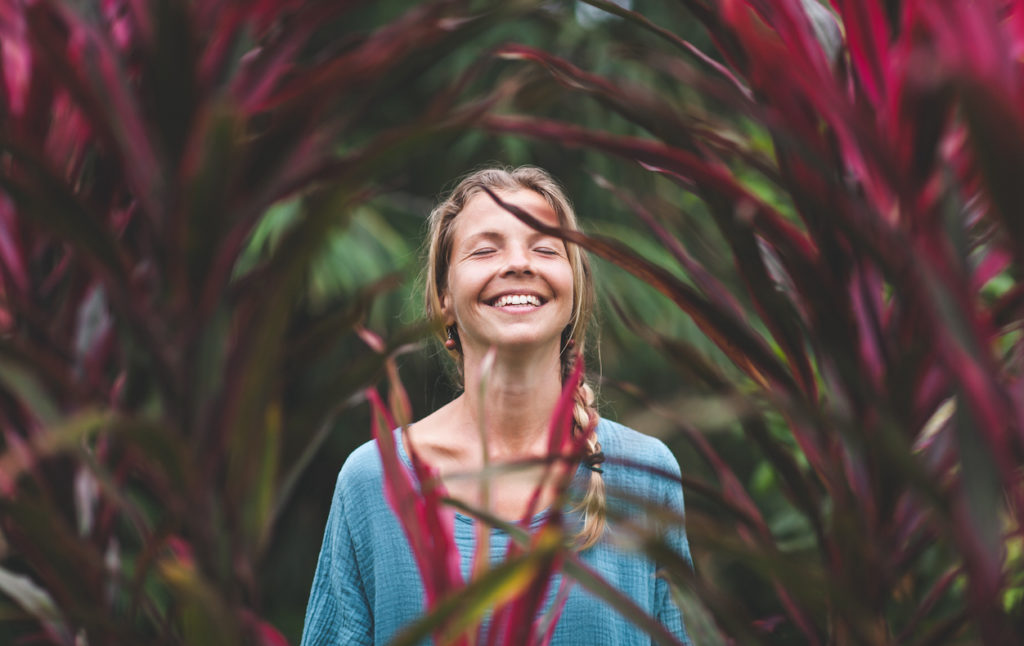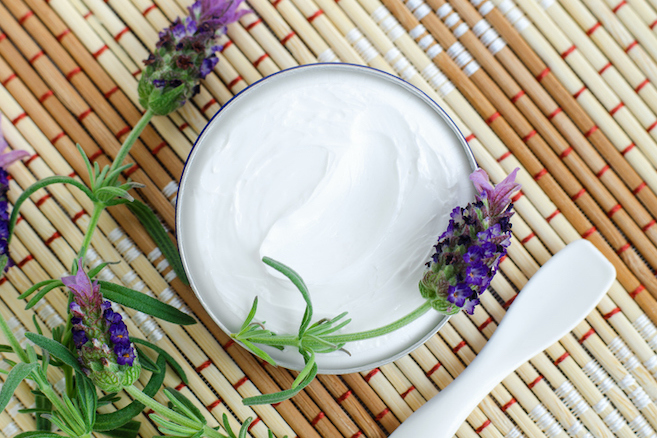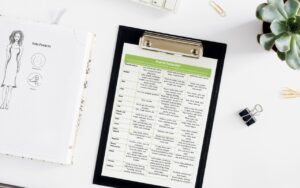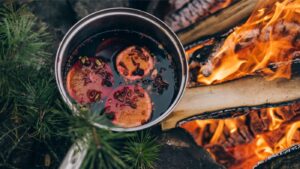In our prior blog, Ayurvedic principles for lasting beauty, we introduced you to Ayurvedic skin care theory and discussed how to begin building beautiful skin from the inside out with diet and lifestyle practices. In this article, we dive deeper into skincare practices with tips on identifying your unique Ayurvedic skin type, plus some simple DIY facial pack recipes made with everyday items from your kitchen.
Your unique Ayurvedic body and skin constitution
Prakriti is your natural, in-born body constitution, which is composed of a combination of three energy principals: Vata, Pitta, Kapha, called Doshas. Everyone has all three Doshas present within them, but in different quantities. The quantity of each determines many things about you, including (but not limited to): your personality, perceptions, emotions and physical appearance including the characteristics of your skin. Understanding your skin type can help you choose the best ingredients for supporting its health and radiance.
Vata skin qualities
- Dry and quickly uses up any external lubrication
- Thin, finely pored and delicate
- Cool to the touch
- Chaps easily and may be rough and/or flaky
Pitta skin qualities
- Fair, soft, warm and medium in thickness
- Complexion is likely pink or reddish in nature
- Freckles and/or moles present
- Photosensitive, does not tolerate the sun well
- Conducive to breakouts and rashes
- Easily aggravated by emotional stress
Kapha skin qualities
- Thick, oily, soft and cool to the touch
- Complexion tends to be lighter in nature
- Collagen is more plentiful
- Enlarged pores, excessively oily and prone to blackheads, pimples, and fungal infections
You may have a combination of Vata, Pitta and Kapha skin qualities, though you will likely tend towards one or two that dominates. You can use those Doshas as your guide to selecting which recipe below is right for you.
Do it yourself Ayurvedic facial recipes
Now onto the “Do It Yourself” Ayurvedic Facial recipes! For optimal results, set aside some time to enjoy the process. Mix up and apply your facial pack, then find a quiet room where you can lie down and enjoy a peaceful meditation while your skin soaks it in. The recipes should make enough for two applications, so invite a friend or family member to join you, or store the leftover in your refrigerator for a second application. (Use within one week).
Note: Apply all packs to the face using upward strokes. Leave on for 10-20 minutes while you relax, then wipe off with a warm, moist towel, again using upward strokes.
Sesame Pack for Vata: dry, undernourished skin
1 tbsp of room temperature yogurt (avocado can be substituted as a vegan option)
1-2 drops of sesame oil
¼ tsp of triphala powder
1-2 drops of lavender essential oil
Mix ingredients together until smooth. Sesame’s slightly warming nature nourishes and penetrates dry skin, triphala provides toning and lavender calming for the skin and mind.
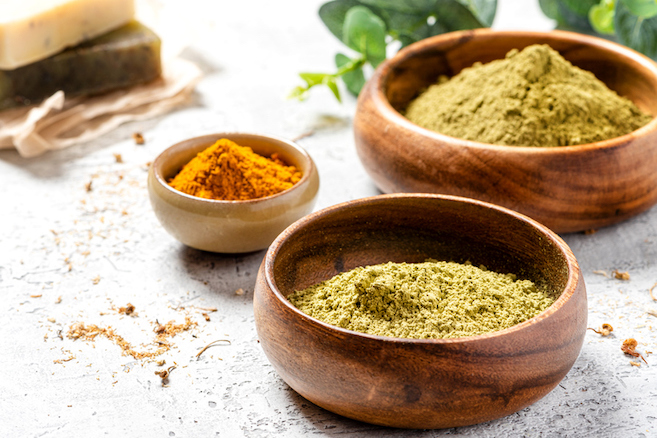
Turmeric and Neem Pack for Pitta: combination skin or breakouts
1 tbsp chickpea flour
¼ tsp neem powder
¼ tsp ground turmeric powder
1 tbsp water, aloe juice or almond milk
Combine dry ingredients first and then slowly add liquid of choice until a paste forms. Neem and turmeric calm and cool aggravated skin while chickpea flour dries and exfoliates the skin.

Honey and Chickpea Flour Pack for Kapha: oily or dull skin
1 tbsp of room temperature yogurt (avocado can be substituted as a vegan option)
1 tsp organic raw honey
1 tbsp chickpea flour
¼ tsp of triphala powder
¼ tsp of turmeric or a pinch of saffron threads
Thoroughly mix yogurt/avocado with honey. Combine dry ingredients in a separate bowl and then slowly begin to incorporate the wet mixture to form a paste. Honey stimulates and rejuvenates the skin by stimulating blood flow while turmeric and saffron give it a healthy glow.
Study Ayurvedic beauty with us!
Ayurveda offers a variety of lifestyle and natural approaches for beautiful skin. Would you like to learn more DIY recipes for your skin and hair? Join us for our 2-day workshop on Ayurvedic Skin and Beauty, June 25-26, 2022. Click here to learn more or register for the workshop.

